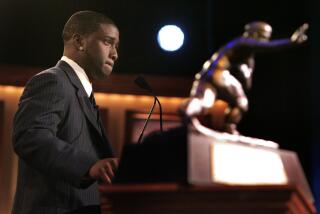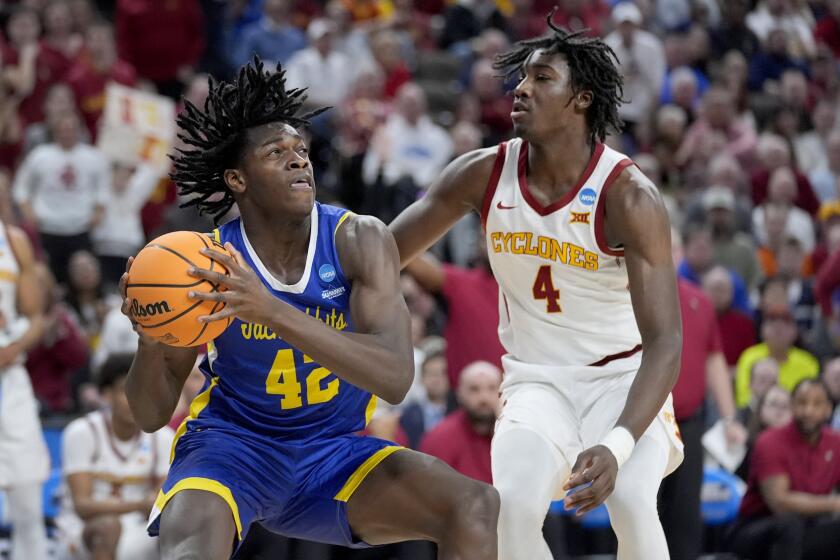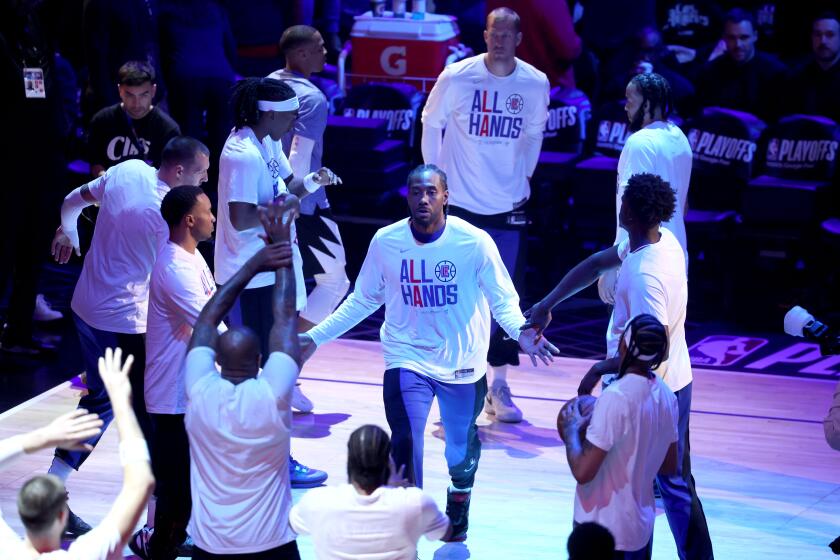Analysis: Martina Navratilova’s take on the longest match
You know, I don’t even know where to start.
Those guys [John Isner and Nicolas Mahut] were a great example of what our sport represents: two great athletes going at it, pushed beyond any limits we had thought about or that they had practiced for, and they’ve really set the bar high for everybody else.
These guys came through under amazing pressure time and time again, neither one flinching.
Isner won because he hit winners, not because one guy won it or lost it. It was an amazing effort emotionally, physically, gut-wise; they put everything in it.
At a certain point it can’t be great tennis anymore. They can’t run for shots, and you could tell they were physically saving themselves because you have to. If they had kept running, one of them would have lost because he would have gotten too tired. You start to think, ‘Do I go for that or not? Is it worth it?’
At some point you have to think long-term when you realize there is no quick fix. I liken it to running a marathon, where you have to pace yourself. You can’t go all out. But in a marathon you know where the finish line is. These guys didn’t know that.
I could see Isner start saving himself, actually, at 5-all in the fifth, I thought.
Both of them, their serving was a thing of beauty. And still, when he had a chance at the end, Isner hit a winner. Amazing. They did the sport proud, and most impressively neither of them flinched mentally. They did not get nervous, never got nervous. I really saw no nerves.
I think whoever won this match was going to be so handicapped for the next. No doubt John [Isner] is fit, but I think it’s going to be hard on him physically. I think it will hit him. It won’t quite be an equal playing field.
I know this: What we saw here, we will never see again. It’s not going to happen.
Navratilova, among her many Grand Slam victories, is a nine-time Wimbledon singles champion, a record.
More to Read
Get our high school sports newsletter
Prep Rally is devoted to the SoCal high school sports experience, bringing you scores, stories and a behind-the-scenes look at what makes prep sports so popular.
You may occasionally receive promotional content from the Los Angeles Times.






